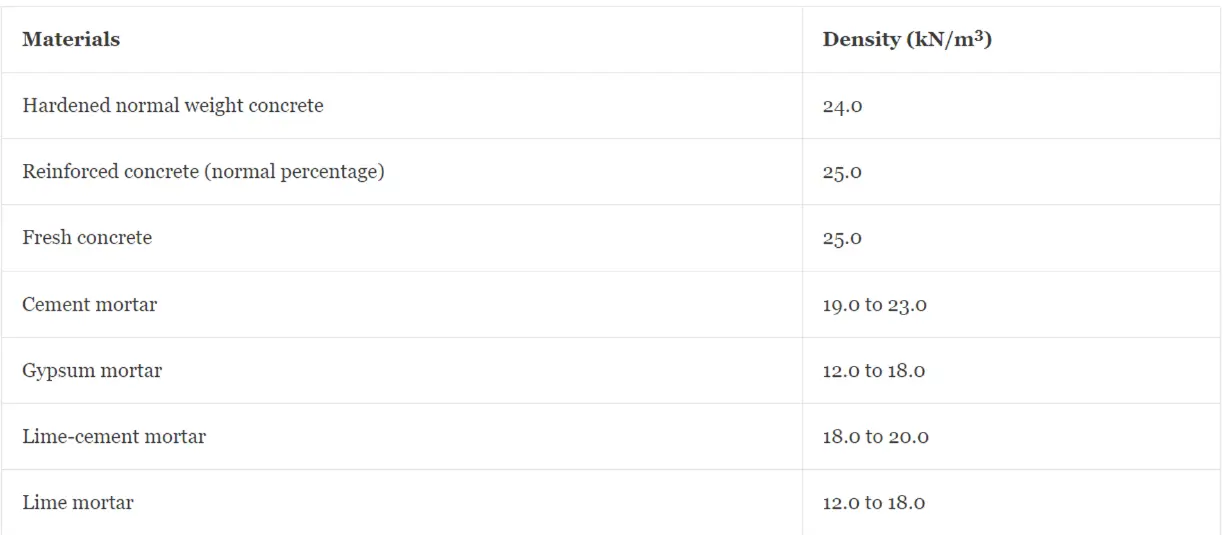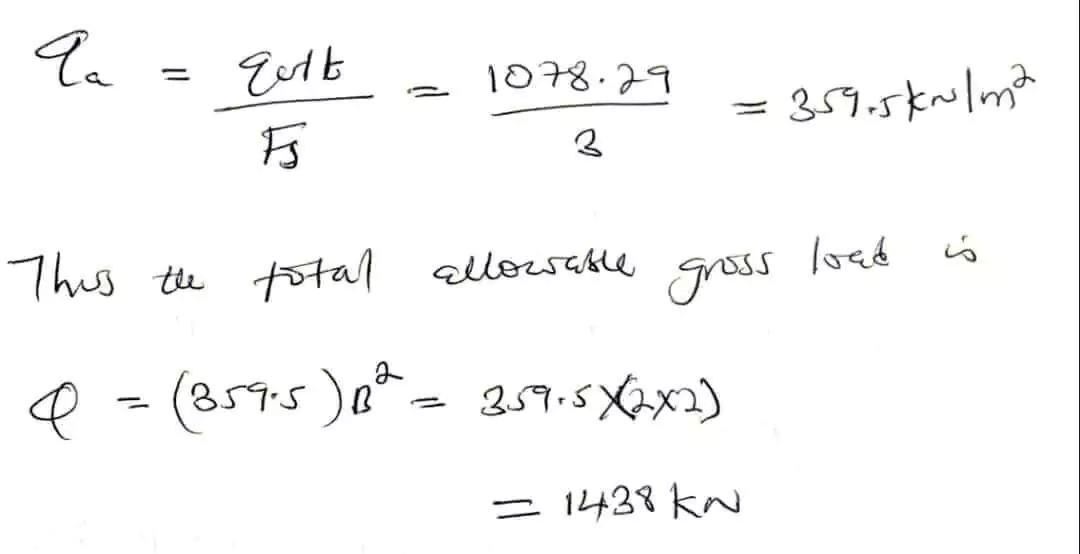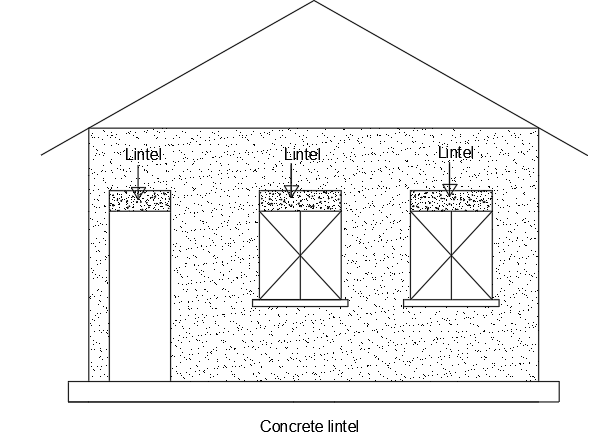Unit weight of materials used in Construction
The unit weight of materials is an important factor to consider in engineering and construction projects.
It refers to the weight of a material per unit volume, typically expressed in pounds per cubic foot (lb/ft^3) or kilograms per cubic meter (kg/m^3).
Accurate knowledge of the unit weight of materials is crucial for various calculations and design considerations, ensuring the structural integrity and safety of the project.
The unit weight of materials is a critical consideration in engineering and construction endeavors.
It denotes the weight of a material per unit volume, often expressed in pounds per cubic foot (lb/ft^3) or kilograms per cubic meter (kg/m^3).
Precise knowledge of the unit weight of materials is vital for accurate calculations and design considerations, guaranteeing the project’s structural integrity and overall safety.
The unit weight of materials is important in engineering and construction projects as it indicates the weight of a material per unit volume.
It is typically measured in pounds per cubic foot (lb/ft^3) or kilograms per cubic meter (kg/m^3).
Accurate knowledge of the unit weight of materials is crucial for precise calculations and design considerations, ensuring the structural integrity and safety of the project.
How do you find the unit weight of materials
The formula for calculating unit weight of steel bars is Weight (W) = Volume (V) x Density (D).
Therefore, we must first calculate the volume of the bar to calculate steel unit weight. Density of the steel typically ranges from 7750 to 8000 kg/m3.
Unit Weight (kg/m3) = Mass (Kg)/ Volume(m3)
ρ = M/V
Conversion between Kg/m3 to KN/m3 and lb/ft3 is shown below.
1 kN/m3 = 101.9716 kg/m3
1 kg/m3 = 0.0624 lb/ft3
The unit weight of material or density of materials varies with the composition of the material.
The unit weight of a material is very important in calculating the self-weight of the material, especially when evaluating the permanent actions in a structure.
Without the knowledge of the unit weight of a material, it will be impossible to accurately estimate the self weight and the load it subsequently carries when used as a structural member.
This article is dedicated to providing a handy list of the unit weight of various construction materials according to EN 1991-1-1:2002.
The density of a material can vary depending on the composition, process of manufacturing, and other factors. However, the density of machine-made products is fairly constant (or controllable) when compared with the density of direct products of nature.
Therefore, natural materials are expected to have slightly different properties even when they are occurring in the same place.
Unit Weight Of Concrete And Mortar
| Materials | Density (kN/m3) |
| Hardened normal weight concrete | 24.0 |
| Reinforced concrete (normal percentage) | 25.0 |
| Fresh concrete | 25.0 |
| Cement mortar | 19.0 to 23.0 |
| Gypsum mortar | 12.0 to 18.0 |
| Lime-cement mortar | 18.0 to 20.0 |
| Lime mortar | 12.0 to 18.0 |
Unit weight of natural stones
| Natural Stone | Unit weight (kN/m3) |
| granite, syenite, porphyry | 27.0 to 30.0 |
| basalt, diorite, gabbro | 27.0 to 31.0 |
| tachylyte | 26.0 |
| basaltic lava | 24.0 |
| Sand Stone | 21 – 27 |
| Dense Lime stone | 20 – 29 |
| Volcanic tuff | 20.0 |
| Other Limestone | 20.0 |
| slate | 28.0 |
| gneiss | 30.0 |
Unit weight of timber and timber derived products
| Timber/timber derived product | Unit weight (kN/m3) |
| timber strength class C14 | 3.5 |
| timber strength class C22 | 4.1 |
| timber strength class C30 | 4.6 |
| timber strength class D30 | 6.4 |
| timber strength class D50 | 7.8 |
| timber strength class D70 | 10.8 |
| homogeneous glulam GL24h | 3.7 |
| homogeneous glulam GL32h | 4.2 |
| combined glulam GL24c | 3.5 |
| combined glulam GL32c | 4.0 |
| combined glulam GL36c | 4.2 |
| softwood plywood | 5.0 |
| birch plywood | 7.0 |
| laminboard and blockboard | 4.5 |
| chipboard | 7.0 to 8.0 |
| cement-bonded particle board | 12.0 |
| flake board, oriented strand board, wafer board | 7.0 |
| hardboard, standard and tempered | 10.0 |
| medium density fiber board | 8.0 |
| softboard | 4.0 |
Unit weight of metals
| Metal | Unit weight (kN/m3) |
| Aluminum | 27.0 |
| Brass | 83.0 – 85.0 |
| Bronze | 83.0 – 85.0 |
| Copper | 87.0 – 89.0 |
| Cast iron | 71.0 – 72.5 |
| Wrought iron | 76.0 |
| Lead | 112.0 – 114.0 |
| Steel | 77.0 – 78.5 |
| Zinc | 71.0 – 72.0 |
![]()
| Material | Unit weight (kN/m3) |
| Broken glass | 22.0 |
| Glass in sheets | 25 |
| Acrylic sheet – plastic | 12.0 |
| polystyrene, expanded, granules | 0.3 |
| foam glass | 1.4 |
| Terracotta (solid) | 21 |
| Cork (compressed) | 4 |
Unit weight of asphalt/pavement materials
| Material | Unit weight (kN/m3) |
| Asphalt and asphaltic concrete | 24.0 – 25.0 |
| Mastic asphalt | 18.0 – 22.0 |
| Hot rolled asphalt | 23.0 |
| Sand (dry) | 15.0 – 16.0 |
| Hardcore | 18.5 – 19.5 |
| Quarry dust | 14.1 |
Roofs and roofing materials
| Material | Weight per unit area (kN/m2) |
| Steel roof trusses in spans up to 25 m | 1.0 – 2.0 |
| Corrugated asbestos-cement or steel sheeting, steel purlins etc. | 0.4 – 0.5 |
| Roofing felt and screed | 2.0 |
| Patent glazing (with lead-covered astragals), steel purlins etc. | 0.4 |
| Slates or tiles, battens, steel purlins etc. | 0.7 – 0.9 |
| Plain roofing tiles | 0.6 – 0.9 |
| Interlocking roofing tiles | 0.6 |
| 0.45 mm gauge aluminum roofing sheet | 0.014 |
Block works, brick works, partitions, and wall finishes
| Material | Weight per unit area (kN/m2) |
| 225 mm block work | 2.87 |
| 150 mm sand concrete block work | 2.15 |
| Wall finishes (both sides) | 0.6 |
| 12 mm plaster rendering | 0.3 |
| Two-coat gypsum 12 mm thick | 0.215 |
| Plasterboard 13 mm thick | 1.1 |
| Gypsum panels 75 mm thick | 4.4 |
| Clay hollow block | 0.0113 / mm thick |
| Common clay blocks | 0.0189 / mm thick |
| Engineering clay bricks | 0.0226 / mm thick |
| Refractory bricks | 0.0113 / mm thick |
| Refractory bricks | 0.0113 / mm thick |
Floor finishes
| Material | Weight per unit area (kN/m2) |
| Clay floor tiles | 0.575 |
| 25 mm thick terrazzo floor | 0.6 |
| 37 mm thick screeding | 0.8 |
| Terrazzo paving | 0.0222 / mm thick |
| 6 mm thick glazed tile + adhesive | 0.181 |
| 8 mm thick glazed tile + adhesive | 0.214 |
| 10 mm thick glazed tile + adhesive | 0.246 |
| 10 mm thick porcelain floor tiles + adhesive | 0.275 |
| 8 – 10 mm thick vitrified floor tiles + adhesive | 0.215 |
| 10 mm thick granite floor tiles + adhesive | 0.346 |
| 12 mm thick granite floor tiles + adhesive | 0.4 |
| 20 mm thick granite floor tiles + adhesive | 0.622 |




